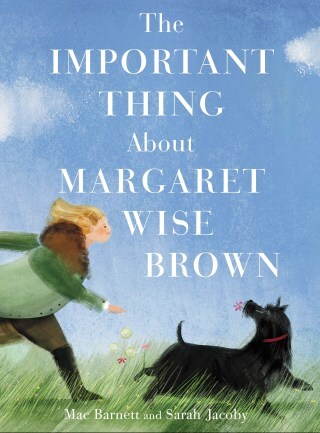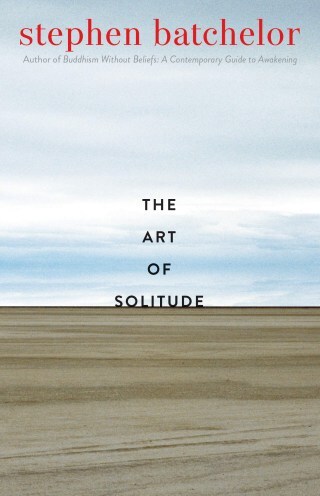Maria Popova's Blog, page 52
December 14, 2022
Victorian Instagram: The 19th Century’s Most Adorable Natural History Illustrations of Monkeys, Lemurs, and Other Tree-Dwelling Mammals
In 1835, three years after the death of Georges Cuvier — the influential French naturalist and zoologist regarded as the founding father of paleontology — a lavish Scottish volume set out to celebrate his legacy: The Edinburgh Journal of Natural History and of the Physical Sciences, with the Animal Kingdom of the Baron Cuvier. The 572 pages of its first volume were crowned with four dozen consummately illustrated plates of animals ...
December 13, 2022
What Is Time: 200 Years of Ravishing Reflections, from Borges to Nina Simone
We are living interludes, bookended between not yet and no more, each of us a random draw of the cosmic lottery, each allotted a sliver of spacetime in which to live out our lives as chance configurations of stardust suspended in time.
Gathered here are some of my favorite reflections on and reckonings with the fundament of being from a century of writing and a lifetime of reading.
 Discus chronologicus — a German depiction ...
Discus chronologicus — a German depiction ...
What Is Time: 100 Years of Ravishing Reflections, from Borges to Nina Simone
We are living interludes, bookended between not yet and no more, each of us a random draw of the cosmic lottery, each allotted a sliver of spacetime in which to live out our lives as chance configurations of stardust suspended in time.
Gathered here are some of my favorite reflections on and reckonings with the fundament of being from a century of writing and a lifetime of reading.
 Discus chronologicus — a German depiction of time from the early 1720s. (Available ...
Discus chronologicus — a German depiction of time from the early 1720s. (Available ...
December 12, 2022
“Goodnight Moon” Author Margaret Wise Brown’s Radical and Rapturous Life, Illustrated
Margaret Wise Brown (May 23, 1910–November 13, 1952) lived her life on her own terms and died, far too young, kicking her leg up can-can style out of a hospital bed, leaving behind Goodnight Moon and Runaway Bunny and a hundred — hundred! — more beloved children’s books and some devastatingly beautiful poems. She wa...
December 11, 2022
What America Means: Poet Muriel Rukeyser on the Source of Character and Creativity
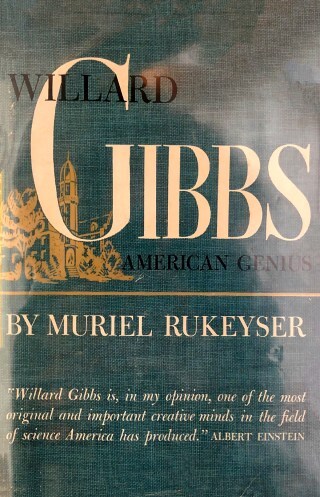
In a lifetime of reading, there are few books I have loved more than Willard Gibbs: American Genius (public library) by the poet Muriel Rukeyser (December 15, 1913–February 12, 1980): her magnificent more-than-biography of the lonely forgotten visionary whose work shaped a century of science by bridging classical mechanics and quantum p...
December 10, 2022
Nature and Transcendence: Emerson on How We Become Our Most Authentic Selves
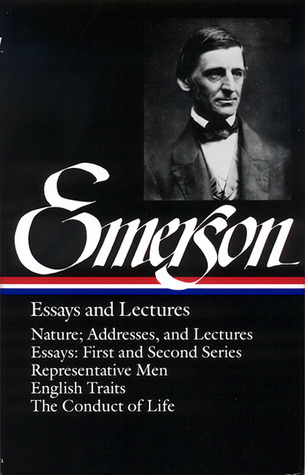 “We forget that nature itself is one vast miracle transcending the reality of night and nothingness,” Loren Eiseley wrote in his exquisite meditation on nature, human nature, and the meaning of life. “We forget that each one of us in his personal life repeats that miracle.” In the same epoch, Rachel Carson invited an elemental ...
“We forget that nature itself is one vast miracle transcending the reality of night and nothingness,” Loren Eiseley wrote in his exquisite meditation on nature, human nature, and the meaning of life. “We forget that each one of us in his personal life repeats that miracle.” In the same epoch, Rachel Carson invited an elemental ...
December 9, 2022
Favorite Books of 2022
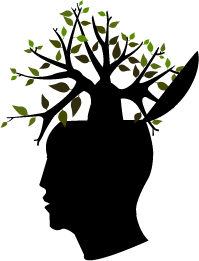 In this sixteenth year of The Marginalian, which draws primarily on the timeless wonders and wisdoms of the past, here are sixteen books of the immediate present that left on me a mark on par with those immortals — books that shimmer with the eternal and the universal, books bound to go on nourishing generations to come, books that offer succor for the elemental challenge of how to live a harmonious, fulf...
In this sixteenth year of The Marginalian, which draws primarily on the timeless wonders and wisdoms of the past, here are sixteen books of the immediate present that left on me a mark on par with those immortals — books that shimmer with the eternal and the universal, books bound to go on nourishing generations to come, books that offer succor for the elemental challenge of how to live a harmonious, fulf...
December 5, 2022
The Boltzmann Brain Paradox: An Animated Thought Experiment About the Hallucination of Reality
You look at a tree. That tree is reality — part of some external reality, and partial to some internal reality of its own. But the tree you see is entirely your mind’s rendition of reality. Consciousness is both the projector and the screen, rendering something you comprehend as a tree. In an absolute sense, then, you can never be sure that the tree exists outside your mind — there can be no evidence of it, for you are bot...
Montaigne on How to Succeed at Solitude and His Antidote to the Three Great Fears That Haunt Self-Knowledge
“There is no place more intimate than the spirit alone,” the poet May Sarton wrote in her ravishing ode to solitude. “I hold this to be the highest task of a bond between two people: that each should stand guard over the solitude of the other,” Rilke wrote a generation before her as he reckoned with the heart of a healthy relationship. It may be that our relationship with ourselves — the extent to which we are able to be intimate with our o...
December 4, 2022
Trees, Rivers, and the Exquisite Interdependence of Life: Artist Meredith Nemirov’s Consummate Map Paintings
When the young German marine biologist Ernst Haeckel coined the word ecology in 1866 after the Greek words for “house” and “study” to denote the study of the relationship between organisms in the house of life, he had no idea just how intricate this relationship would be revealed to be by the science of the following century.
Imagine how astonished he would have been to know that one day we would find salmon in ...

